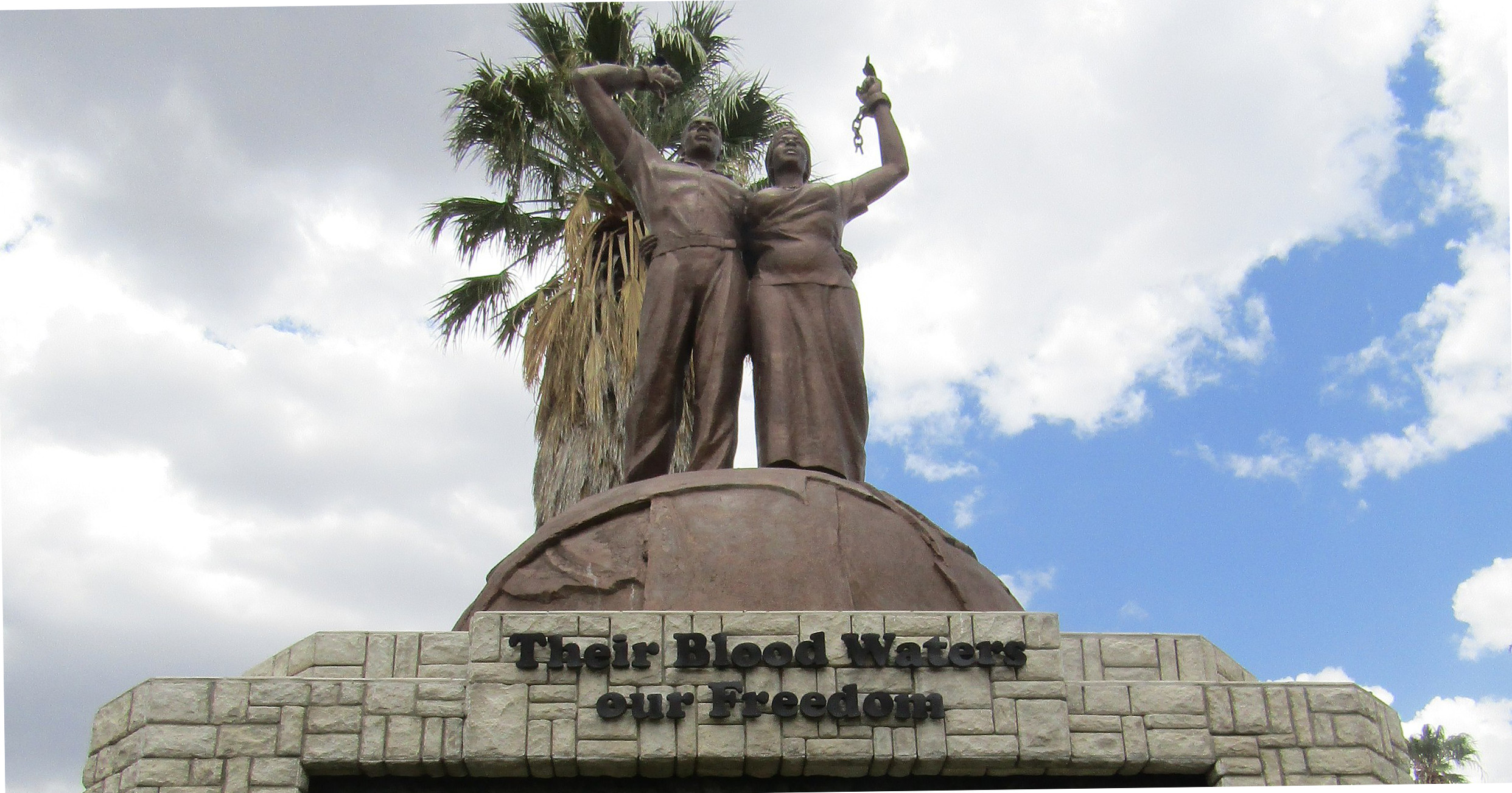Namibia Marks Colonial-Era Genocide with First National Memorial Day
Posted 08:50 AM, Wednesday May 28, 2025 3 min(s) read

Photo by: Jedidah Ephraim
WINDHOEK, May 28 (AGCNewsNet) – Namibia has officially declared May 28 as Genocide Remembrance Day to commemorate the massacre of more than 70,000 Ovaherero and Nama people during German colonial rule in the early 20th century. The move marks the first national acknowledgment of what historians call the first genocide of the 20th century, often referred to as “Germany’s forgotten genocide.”
The memorial day, announced by the Namibian government as part of a “journey of healing,” includes a minute’s silence and a candlelight vigil outside parliament in Windhoek. Authorities selected May 28 because on that day in 1907, German colonial authorities closed their notorious concentration camps after facing international condemnation.
Between 1904 and 1908, German forces systematically killed tens of thousands of Ovaherero and Nama people in what was then known as German South West Africa. Many were driven into the desert to die or perished in concentration camps, where they were subjected to forced labor, starvation, and inhumane scientific experiments.
“This extermination order indicated that they were no longer going to take any prisoners – women, men, anyone with or without cattle – they were going to be executed,” said Namibian historian Martha Akawa-Shikufa in an interview with NBC. She noted that pre-printed death certificates listing “death by exhaustion” were used routinely, anticipating the deaths of those imprisoned.
The atrocities were ordered by German General Lothar von Trotha and are recognized by scholars as a precursor to the genocidal practices later seen during the Holocaust, including pseudoscientific racial studies and the use of concentration camps. The remains of many victims were shipped to Germany for such research and have only recently begun to be repatriated.
Germany formally recognized the genocide in 2021 and offered €1.1 billion in development aid to Namibia to be paid over 30 years. However, the Namibian government declined the offer, citing its lack of explicit reparations or a formal apology.
“That was the joke of the century,” said Uahimisa Kaapehi, an Ovaherero descendant and Swakopmund town councillor. “We want our land. Money is nothing.” He emphasized the deep historical loss of land, cattle, and dignity his community endured.
A group representing genocide victims’ families harshly criticized the 2021 offer, describing it as reflective of “a racist mindset on the part of Germany and neo-colonial subservience on the part of Namibia.”
A new draft deal under consideration includes a formal apology and an additional €50 million, though many Ovaherero and Nama campaigners argue they were excluded from negotiations and that the agreement still falls short of true restorative justice.
Activists continue to call for Germany to return ancestral lands currently owned by the German-speaking minority in Namibia. They also want the value of livestock forcibly taken by German colonizers as “reparations” before the genocide—estimated at up to $8.8 million in today’s money—factored into future compensation.
Last year, Namibia further criticized Germany for its stance on the Israel-Gaza conflict at the UN’s top court, questioning Berlin’s commitment to fully atone for its colonial atrocities.
“The German government is yet to fully atone for the genocide it committed on Namibian soil,” said then-President Hage Geingob.
The declaration of Genocide Remembrance Day is seen by many as a long-overdue step toward recognition and accountability, though calls for justice, land restoration, and reparations continue to grow louder from affected communities.
Stay connected with AGC NewsNet for the latest news from Africa.
Source:BBC News